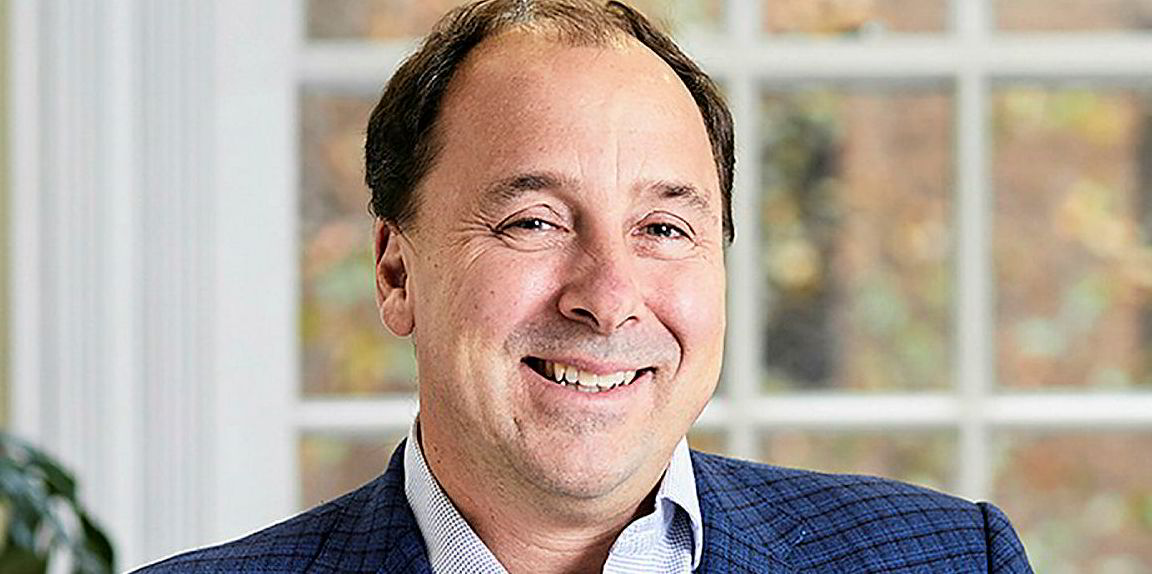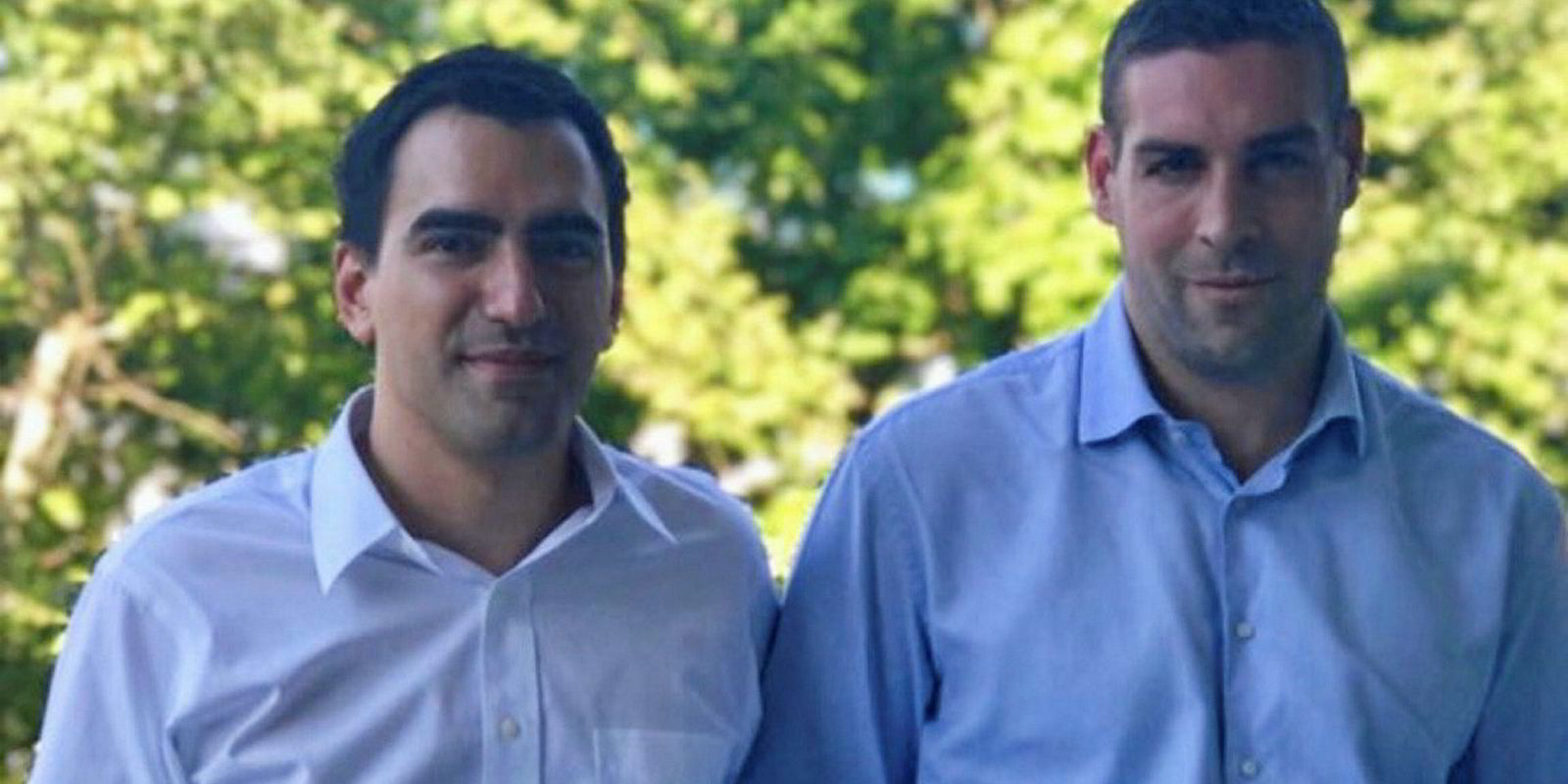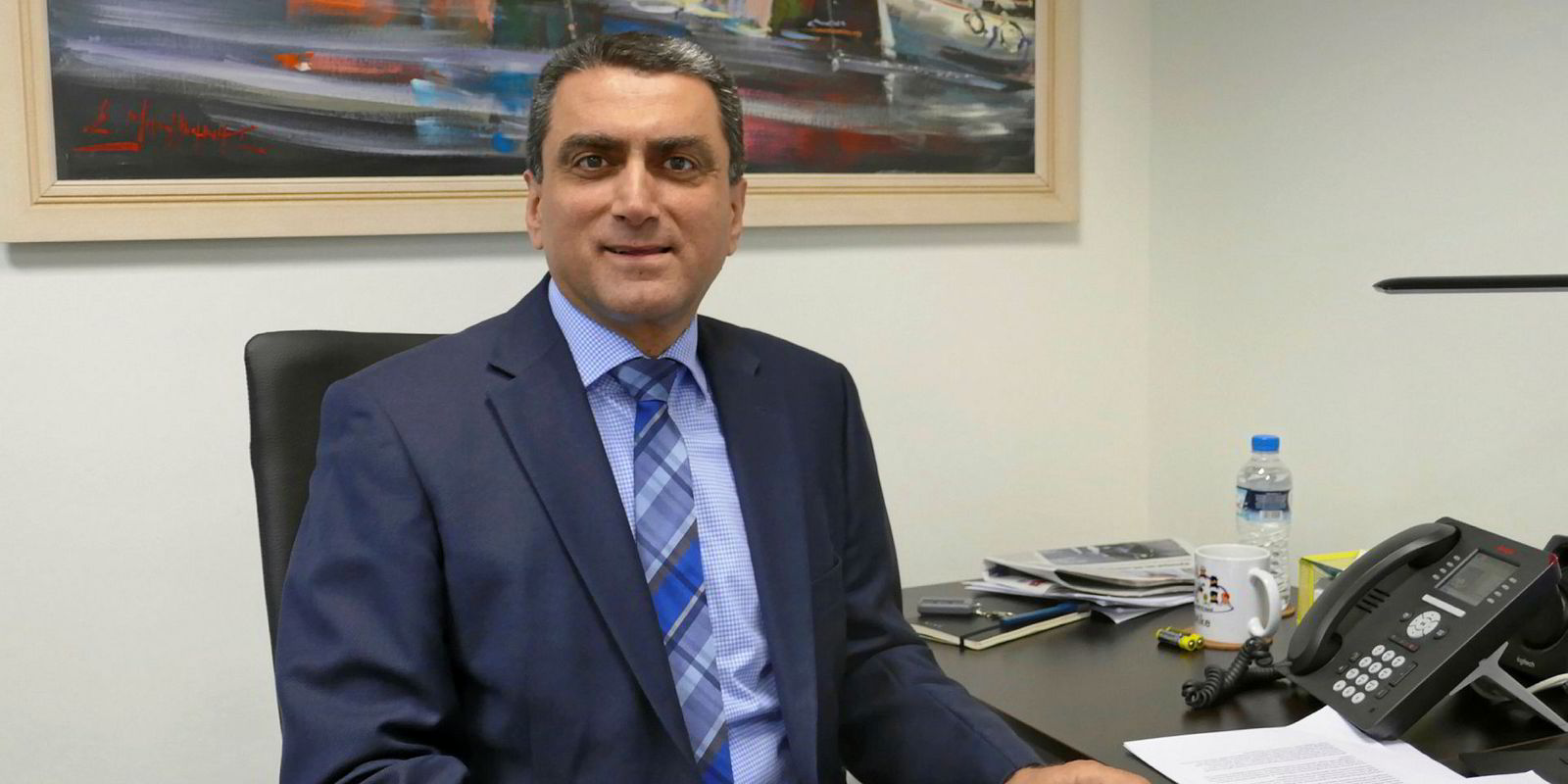DeepSea Technologies, the latest in a long line of shipping software projects co-founded by the Coustas family, has won the backing of a London green investment fund.
ETF Partners, an investor in environmental technologies, agreed to inject €3m ($3.25m) into DeepSea, an artificial intelligence-based platform that monitors and optimises ship performance.
This will make ETF a minority investor in the venture co-founded by Roberto Coustas. The DeepSea chief executive is the son of Danaos Corp owner John Coustas, himself a pioneer in introducing shipping software to the Greek market in the 1980s.
Set up in 2007 and with more than €400m under management, ETF has already invested in companies whose products are partly used on vessels, such as drones for confined-space inspections and wireless communications for asset-tracking.
Emblematic deal
However, DeepSea is its first investment in a company whose leading customers are in shipping, ETF managing partner Rob Genieser told TradeWinds.
The deal is emblematic of the increased attraction that maritime technology draws has for investors.
“Maritime tech didn’t use to have many investors in the past, but we now see quite some activity,” Roberto Coustas told TradeWinds.

Tighter environmental regulation, especially the introduction of performance indices to which commercial vessels have to adhere, plays a key role in boosting ventures such as DeepSea. “It addresses a large need in a huge market,” Genieser said.
Lucy Rands, an ETF investment manager involved in the project, said that while shipping is among the greener modes of transport, there is a “tremendous opportunity to improve the maritime industry’s environmental footprint by cutting carbon dioxide output and curtailing other forms of pollution”.
DeepSea, which signed its first client in 2018, installs devices to collect data from separate ship components, monitoring performance and alerting operators to eventual problems in real time.
The company is now developing Pythia, a product named after an ancient Greek oracle, which uses deep-learning methods to optimise ship routes.
“It doesn’t produce generic advice, telling owners this is more or less how they should operate their ships. It tells them exactly how they should operate their ships,” Coustas said.

Initial tests of the system on some of the 100 vessels for which DeepSea said it already provides services show fuel savings of between 5% and 8%.
Winning a major commodity trader as a client was key in persuading ETF to back DeepSea.
Another draw was the company’s pedigree. Coustas and DeepSea co-founder Konstantinos Kyriakopoulos hail from shipping families and have plenty of IT education to complement it.
Coustas studied mechanical engineering and computer science at UCL and Oxford University, while Kyriakopoulos, who is chief technology officer, has a PhD in machine learning from Cambridge.
Hiring new personnel
“They can apply what they learned ... to the world of shipping — an industry they literally grew up in,” Genieser said. “We can help grow the business from here, given our strong commercial relationships around the world.”
About 70% of the freshly injected funds will be used to hire new personnel. The company already employs 40 people, mostly software developers, at its headquarters in central Athens.
That is a separate location from Piraeus-based Danaos, which is a strategic investor in DeepSea with a 10% stake and accounts for more than a quarter of the ships that the company provides services to.
The coronavirus pandemic poses challenges, though. Travel to visit ships and clients has become nearly impossible. More importantly, cheap oil prices might dampen the appetite of owners to pursue fuel cost savings by optimising operations.
However, the need for efficiencies to reduce carbon emissions is unlikely to go away.
“Simply put, we believe that European entrepreneurs can build some fantastic businesses that also help address the pressing challenges of the day, such as reducing CO2 emissions, addressing climate change or tackling a host of other critical environmental issues,” Genieser said.






